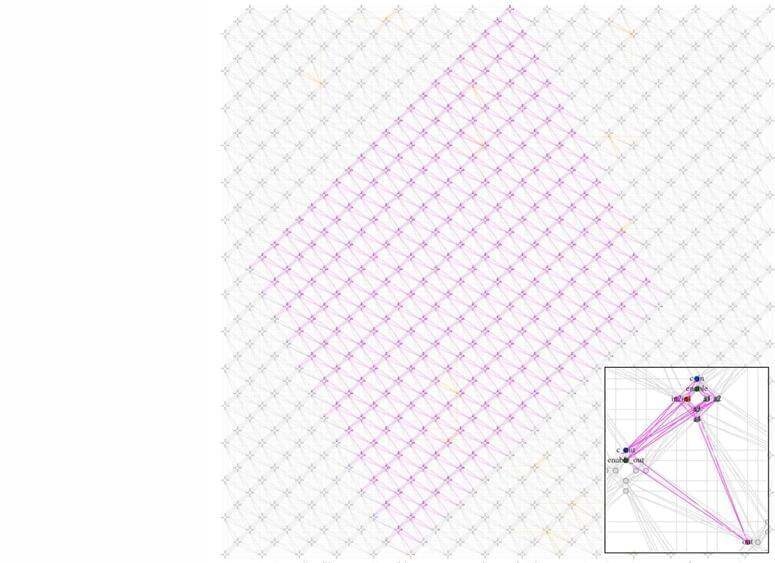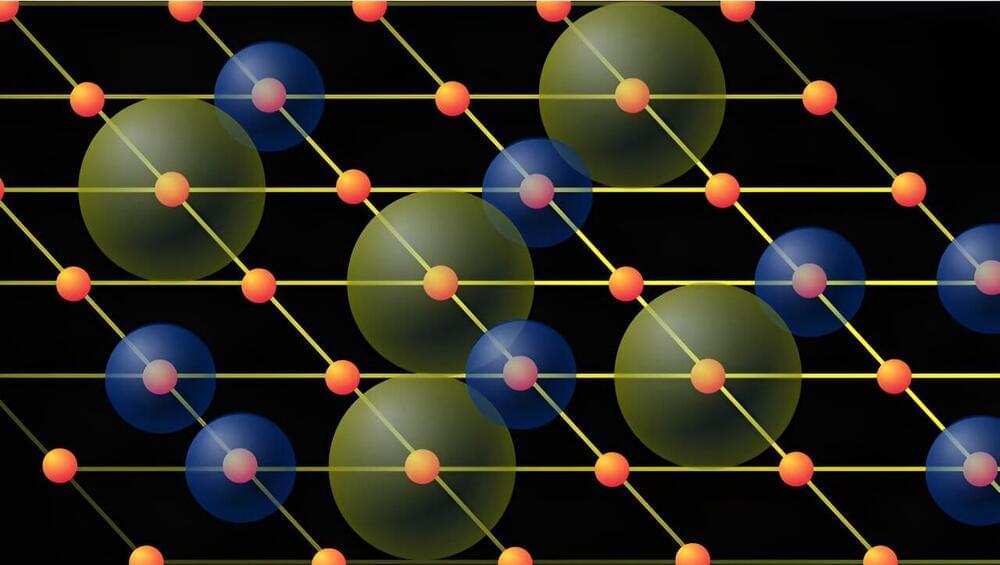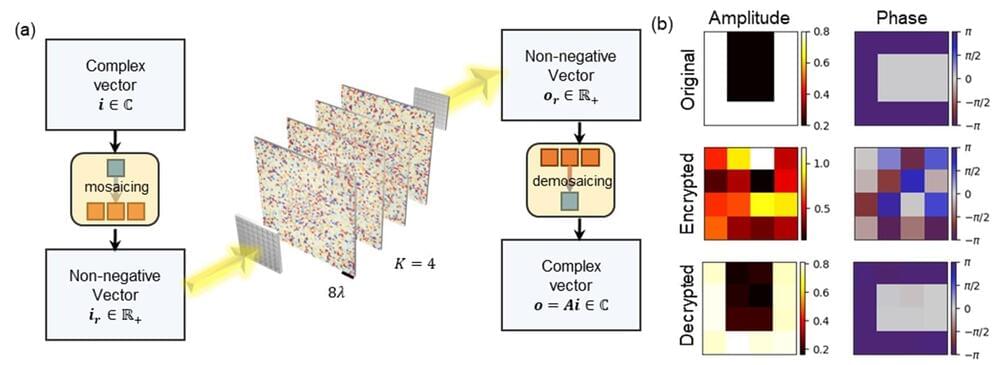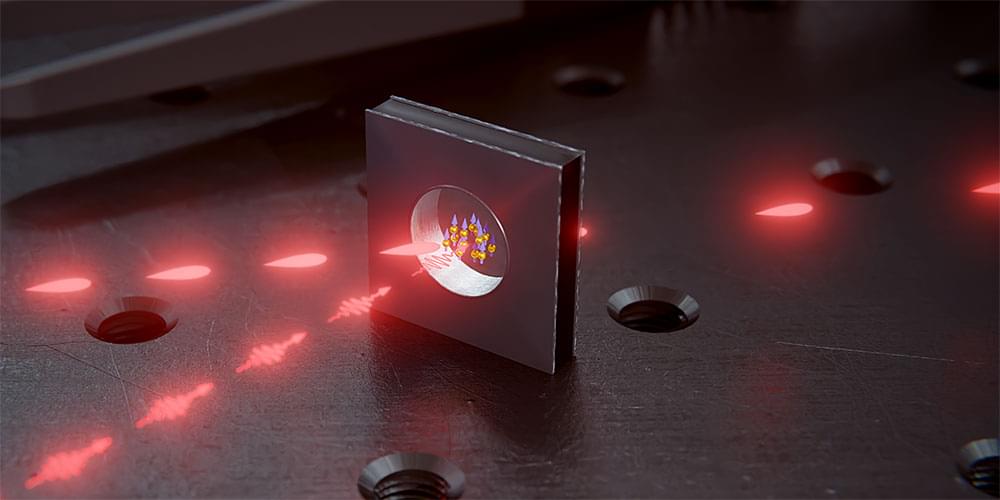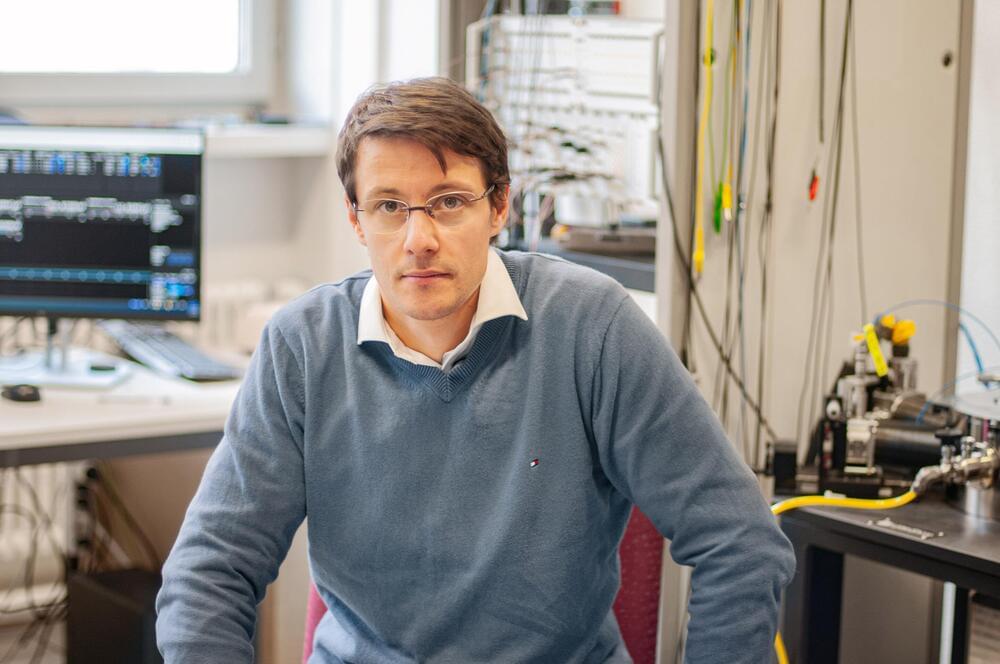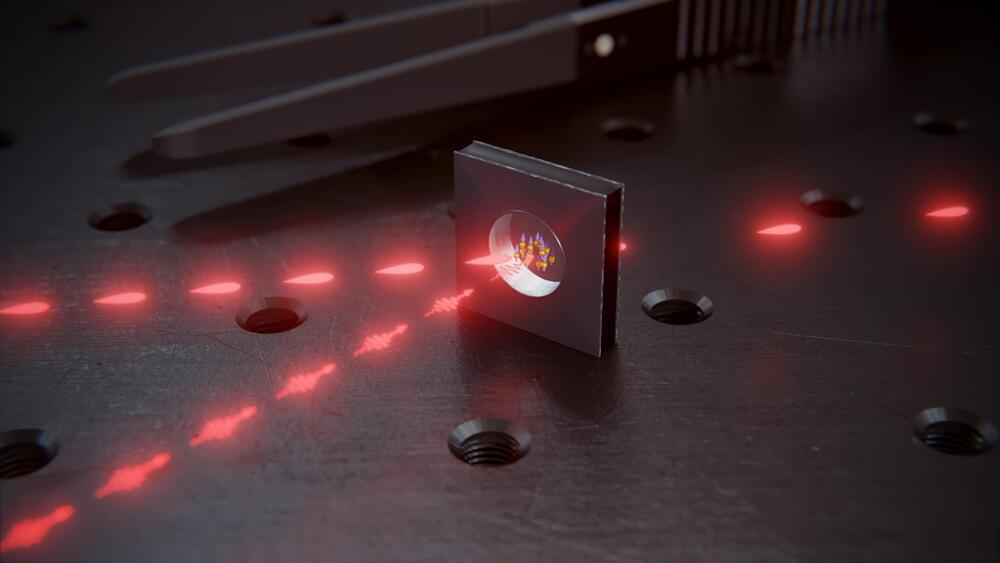Researchers at the University of Trento, Italy, have developed a novel approach for prime factorization via quantum annealing, leveraging a compact modular encoding paradigm and enabling the factorization of large numbers using D-Wave quantum devices.
Prime factorization is the procedure of breaking down a number into its prime components. Every integer greater than one can be uniquely expressed as a product of prime numbers.
In cryptography, prime factorization holds particular importance due to its relevance to the security of encryption algorithms, such as the widely used RSA cryptosystem.
